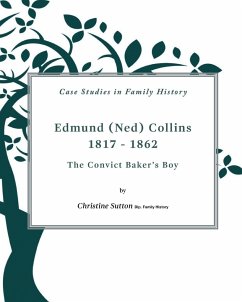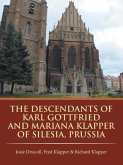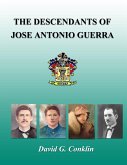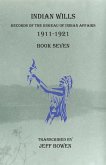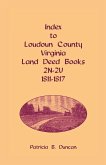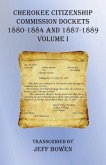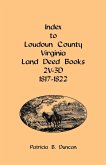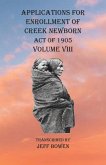Edmund (Ned) Collins 1817 - 1862; the Convict Baker's Boy, is a Family History Case Study in tracing convict ancestors. Genealogy is defined by the Oxford dictionary as "A line of descent traced continuously from an ancestor." Traditionally, genealogists use vital records and sound documentary evidence to trace back from a single individual to their earliest recorded ancestor, in a direct line on a Family Tree. The emphasis is often on how many generations there are on the tree; how high it has grown, how many branches there are and how wide it is spread. The tree is the focus. Family Historians, on the other hand, focus on people. They are interested in who their ancestors were, when and where they lived, how they lived, what they did, and why they made their life choices. They look for what has made them the people they are today. It is the driving force behind the television series, "Who do you think you are?" The emphasis is on the fruit rather than the tree. Neither of these approaches can stand alone. Family Historians need to practice good genealogical research. They need to follow the basic principles of genealogy in order to find the ancestor and tell their story. Family History brings another dimension to genealogy. It enriches it. The mystery surrounding Ned has taken many years of painstaking research to solve. The search began long before there were digitised records. With the birth of technology and the Internet, research has become easier, but no less time consuming, and far more expensive. When using online services that involve expensive subscriptions, Family Historians need to make every search count and know where the free sources of information are available. Throughout this book, you will find sidelines of tips and hints on how and where clues to your own mysteries might be found, where the free sources of Convict records are and how persistence, patience and an understanding of State record archives can remove bricks from the genealogical wall. Not only will readers find this book helpful in overcoming their inevitable brick walls and finding new sources of information, they will discover a little more about the life, times and struggles of ordinary people in a very vibrant period of Australian history. Chris Sutton is a genealogist and family historian with over 37 years of research experience. She holds a diploma of Family History from the University of Tasmania and is a writer and editor of fiction and non-fiction.

